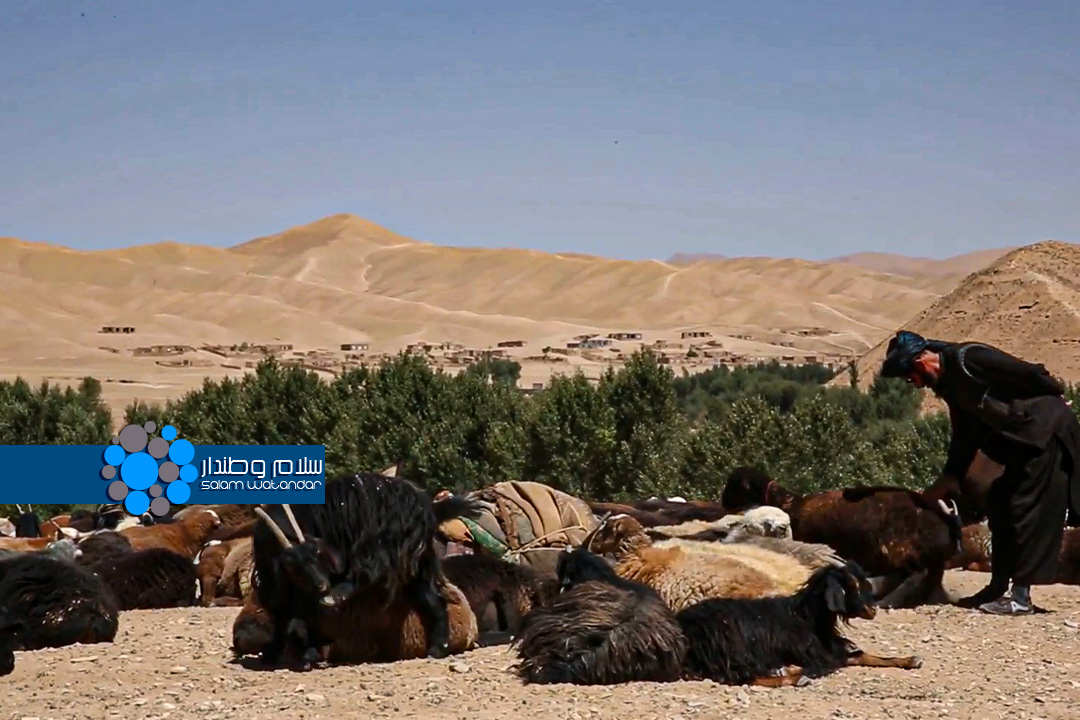FIROZKOH (SW) – Livestock farmers in Ghor province are expressing concerns about their lack of knowledge regarding standardized dairy processing methods, which they believe is negatively affecting their income and product quality.
Gul Ahmad, a local farmer, says that relying on traditional methods and lacking a market for their products have decreased his earnings. He explains, “We obtain milk, wool, yogurt, and cream from our livestock. We sell a kilogram of milk for 35 afghanis and yogurt for 40 afghanis, but there is no market, which hinders our income.”
Another farmer, Ghulam Haidari, emphasized that his lack of knowledge about standard dairy processing methods and access to necessary tools has led to lower product quality. He says, “We lack awareness in dairy processing and collect and process our products traditionally; we don’t have the tools, and this puts us in a difficult situation.”
These farmers are calling on the Department of Agriculture, Irrigation, and Livestock in Ghor, as well as aid organizations, to provide training in standardized dairy processing methods.

On the other hand, Zia al-Haq Joya, head of the media section at the Department of Agriculture, Irrigation, and Livestock in Ghor, reports that they have established a dairy processing center and distributed some essential tools to farmers.
He notes, “In terms of selling dairy products, we have implemented a series of services, including the establishment of a dairy processing center in Firozkoh and distributing dozens of processing tool kits to farmers at the central and district levels.”
Agricultural experts argue that for the growth of livestock farming and an increase in dairy production, it is essential to provide farmers with training in standardized processing methods.
Shah Wali Mutawakel, an agricultural expert in Ghor, states, “Training courses should be created to teach farmers how to produce and sell milk, increasing interest in livestock and agriculture. Additionally, processing tools should be distributed to them.”
Livestock farming constitutes a significant part of Afghanistan’s economy, with many citizens, especially in remote areas, engaged in this sector to meet their food and non-food needs.






